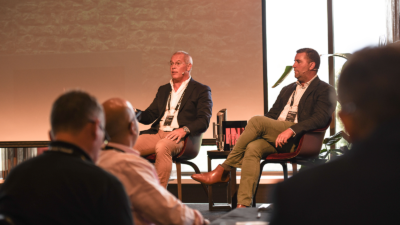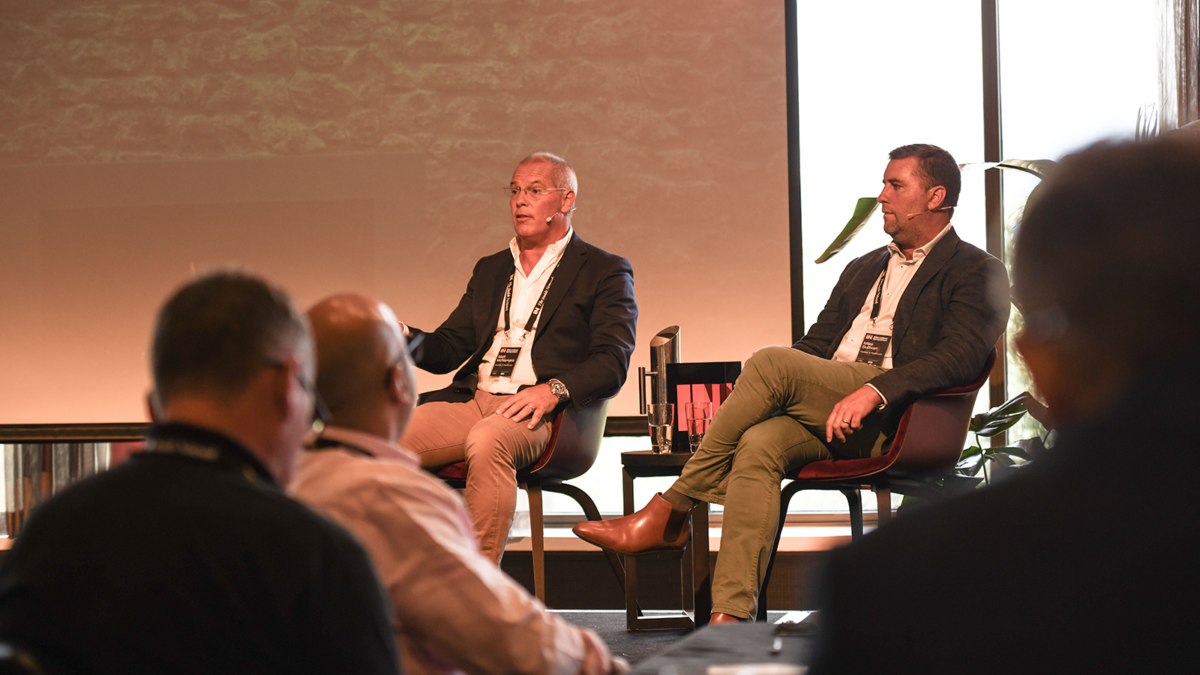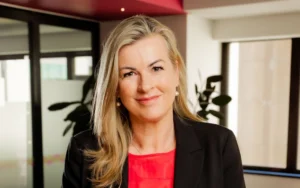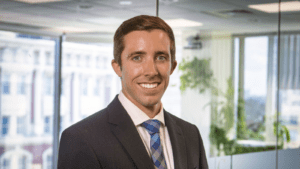ESG – investing for impact is more art than science
ESG is now a required mantra. The most unusual funds claim this status even if they include gambling, governance recalcitrant or those with socially questionable ethics. A change or improvement is enough to get it over the line regardless of the problematic issues that are imbedded in the company’s business.
Even more so are those that proport climate change, sustainability or impact. A clean energy fund can quite simply be in IT, healthcare and FAANGs then claiming low carbon. There is hardly a scrape at the real issues, exclusion of the obvious is sufficient.
Asset managers and in particular, ETFs have found a new source of FUM. Based on FactSet US data, those that label themselves as sustainable/ESG have 43% higher fees than index based ETF funds. Unsurprisingly the providers are constantly championing the cause.
Evidence suggests that preconceived ideas on companies that rank high in ESG can be misleading. Capital allocation does not appear to be a major determinant. Good and poorly ranked stocks can have internal cash flow sufficient to meet all their needs.
For many years, tobacco companies had high free cash, enough to pay great dividends and buybacks that sustained their share price. Energy stocks could well end up in the same position. US leaders that exclude most shareholder votes, are entangled in regulatory predicaments and questionable social ethos have plenty of internal capital, shareholders are purely there for the ride.
Conversely, shareholder activism appears to work relatively well. Large shareholders can push for change and media is influential in cajoling management to reconsider issues. ETF providers have long been outed as rare dissenting voices in voting in shareholder meetings These rote events are hardly a framework for change, whereas pressure with background knowledge direct to management may do so. The critical criteria lies with the attitude of the board and management.
If an investor really wants to make difference, skewing a portfolio to Alphabet or Microsoft will unlikely do anything for a sustainable environment. These may win in performance but not in impact. This raises one quandary; selling ESG as a winning formula for outperformance is a fraught with conflict. It forces the fund towards a momentum factor rather than observant to the inevitable longer term requirement of changing operational strategy.
Static data on emissions, diversity, board representation, third party impacts etc will likely miss the intent of committed investors. Well oiled investor relations have it all in hand. Algorithms that scrape words in corporate releases are nowadays gamed for those that matter. Every company knows how to litter the ones that appeal into their literature.
Dealing with the real risks of climate change is much more complex than a screen and score. What is the most productive investment into renewables and at what valuation? Which companies are developing new technologies or providing others with the wherewithal to do so? It is the fund managers that can overstep the noise and make thoughtful judgments on what is true to label that should be the foundation of ESG.
Like most investment decisions, it is the art rather than the science that will play out. Companies that have operations which do change adverse impacts to society are a matter of judgment not screens of metrics. A good ESG company may rather be one that is outward-looking, displays a combination of anxiety and humility on its prospects and has found a way to serve consumers that suits their ethos. The ESG label may already have become stale, the concept is only just evolving.











